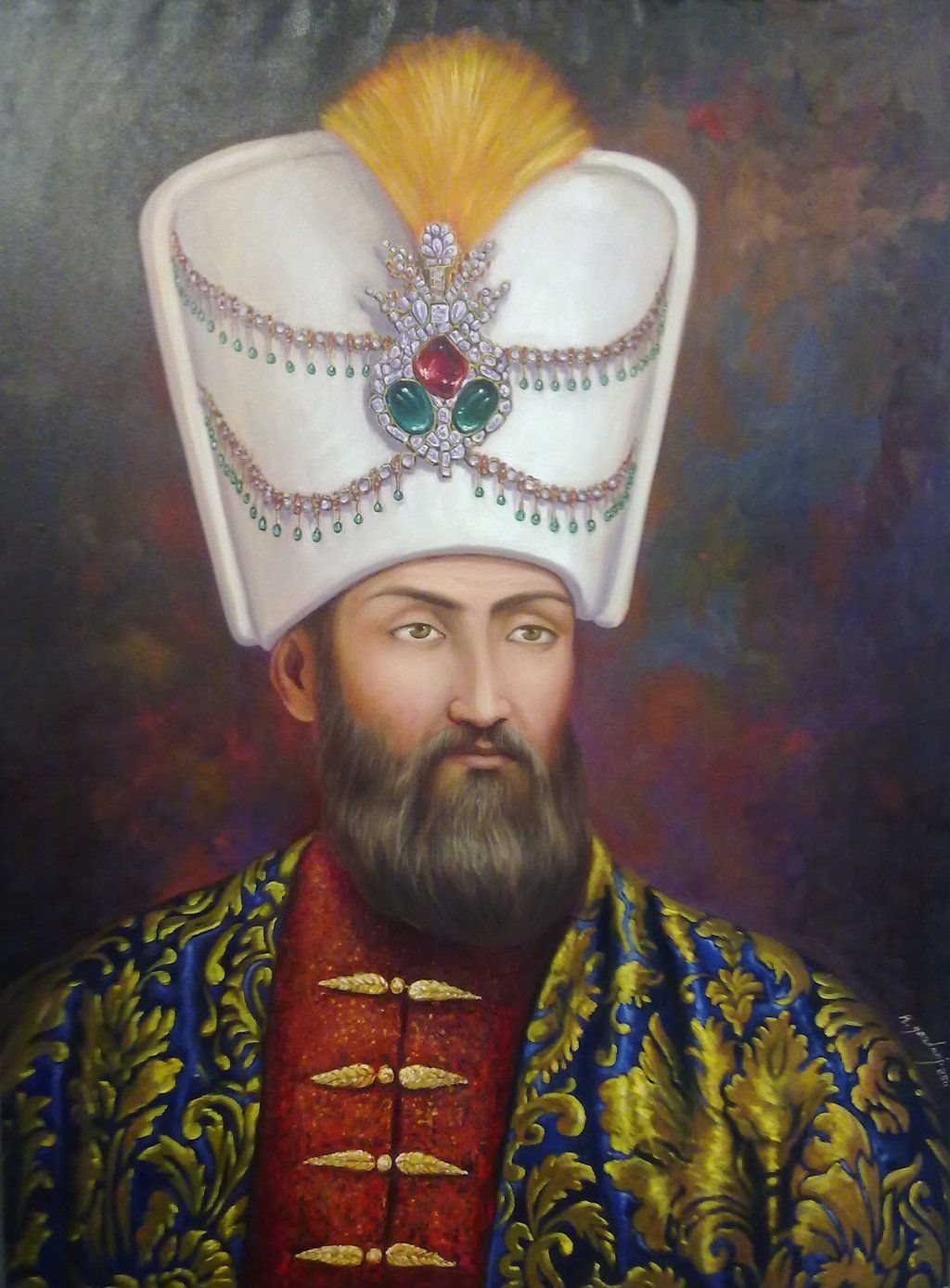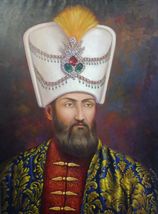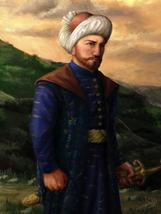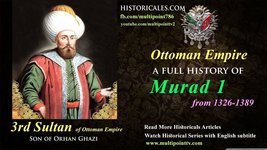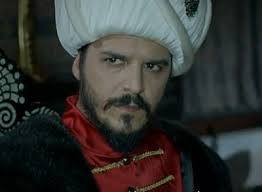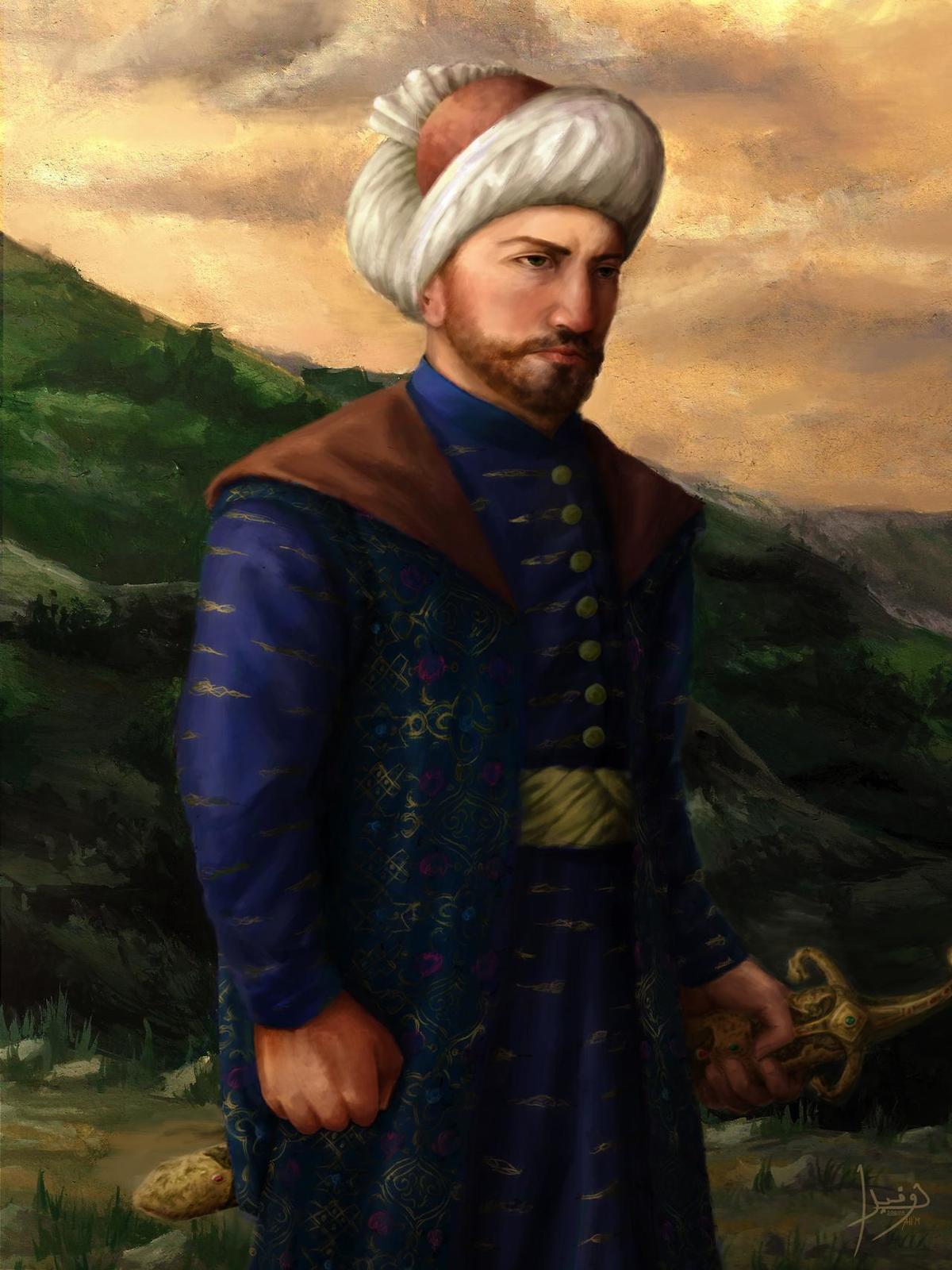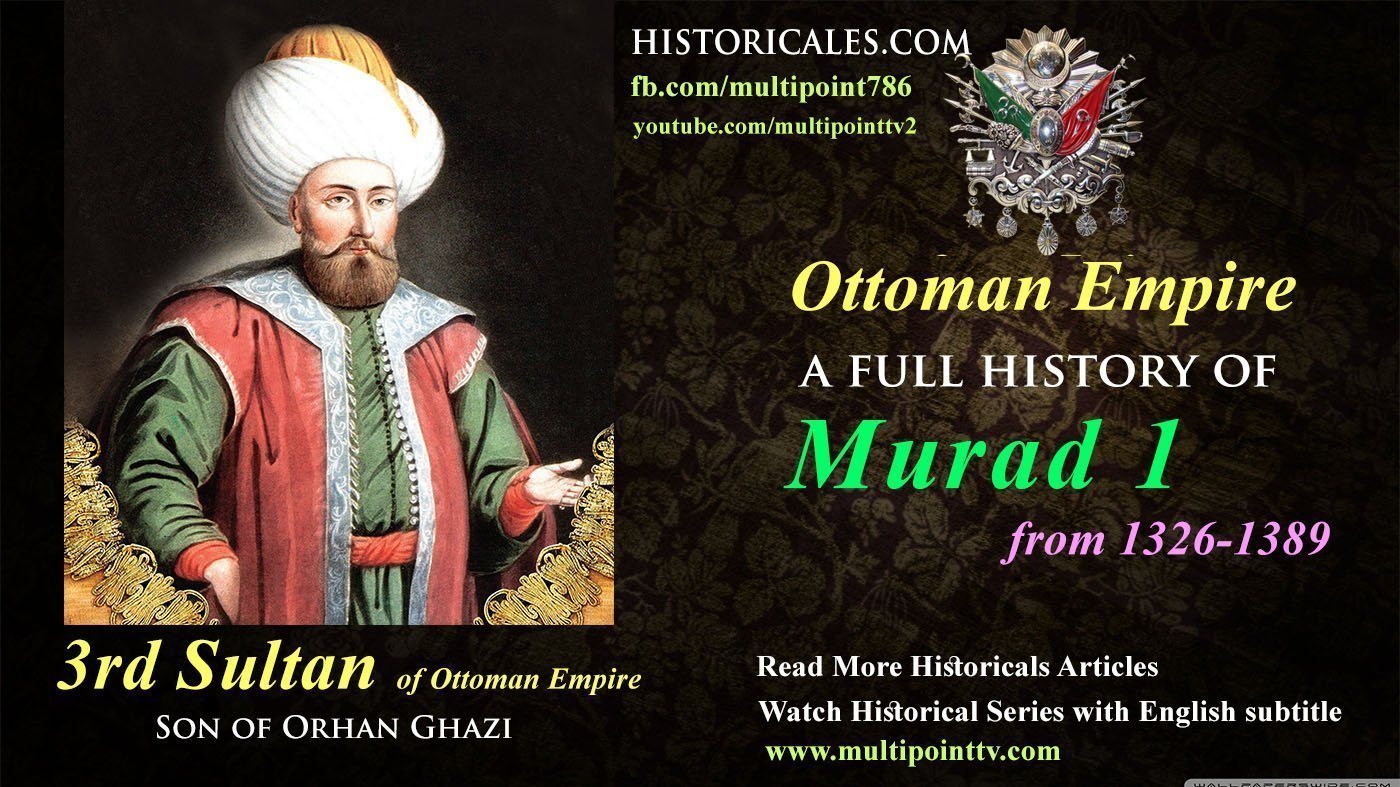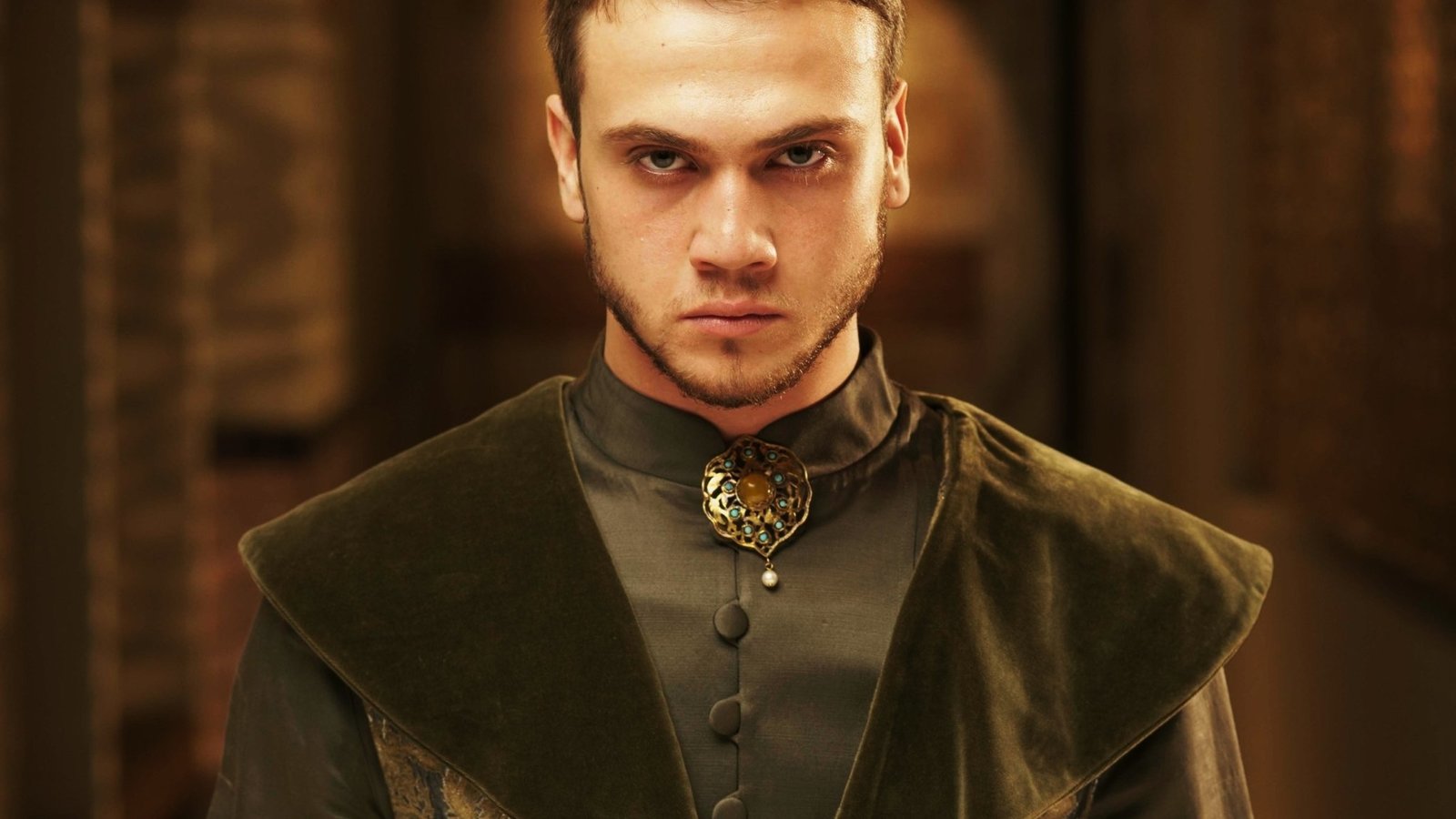Rendered at 06:26:59 05/04/25
Free Shipping
Sexual Ottoman Empire Sultans - Options - Vessel Choice or Direct Bind
£149.70 GBP - £584.51 GBP
Ships from
United States

Shipping options
Seller handling time is 2 business days Details
FREE via Unspecified shipping type to United Kingdom
Ships from
United States

Offer policy
OBO - Seller accepts offers on this item.
Details
Return policy
None: All purchases final
Purchase protection
Catalog info
Payment options
PayPal accepted
PayPal Credit accepted
Venmo accepted
PayPal, MasterCard, Visa, Discover, and American Express accepted
Maestro accepted
Amazon Pay accepted
Nuvei accepted
Shipping options
Seller handling time is 2 business days Details
FREE via Unspecified shipping type to United Kingdom
Ships from
United States

Offer policy
OBO - Seller accepts offers on this item.
Details
Return policy
None: All purchases final
Purchase protection
Catalog info
Payment options
PayPal accepted
PayPal Credit accepted
Venmo accepted
PayPal, MasterCard, Visa, Discover, and American Express accepted
Maestro accepted
Amazon Pay accepted
Nuvei accepted
Item traits
| Category: | |
|---|---|
| Quantity Available: |
4 in stock |
| Condition: |
New |
| grams: |
57 |
| weight: |
2.0 |
| Weight Unit: |
oz |
| Styles: |
Listing details
| Seller policies: | |
|---|---|
| Shipping discount: |
Seller pays shipping for this item. |
| Posted for sale: |
More than a week ago |
| Item number: |
816489453 |
Item description
This listing is for a very special collection -years in the making! In the late 13th century a series of small principalities emerged in Anatolia. Within the regions were dominated by ghazis—warriors dedicated to fighting for Islam—and ruled by princes, or "beys." One such bey was Osman I, leader of Turkmen nomads, who gave his name to the Ottoman principality, a region which grew vastly during its first few centuries, rising to become a massive world power. The resulting Ottoman Empire, which ruled large tracts of Eastern Europe, the Middle East, and the Mediterranean, survived until 1924 when the remaining regions transformed into Turkey.
A Sultan was originally a person of religious authority; later, the term was used for regional rules. The Ottoman rulers used the term sultan for almost their entire dynasty. The use of the term ended in 1924 when the empire was replaced by the Republic of Turkey. The descendants of the royal house have continued to trace their line to the present day.
It's a fascinating history, and the spirits of the sultans remain unsettled, active, and seeking human companions.
Süleyman the Magnificent (byname Süleyman I or the Lawgiver, Turkish Süleyman Muhte?em or Kanuni, Sultan of the Ottoman Empire from 1520 to 1566 –the longest reigning Sultan of the Ottoman Empire; he not only undertook bold military campaigns that enlarged his realm but also oversaw the development of what came to be regarded as the most characteristic achievements of Ottoman civilization in the fields of law, literature, art, and architecture.)
Osman I (Osm?n Gh?z; “The Warrior;” the leader of the Ottoman Turks and the founder of the Ottoman dynasty. The dynasty bearing his name later established and ruled the nascent Ottoman Empire. This state, while only a small principality during Osman's lifetime, transformed into a world empire.)
Murad I (3rd Ottoman Sultan; the Most Exalted Sultan; Ottoman Turkish: ???? ????; Turkish: I. Murad, Murad-? Hüdavendigâr; nicknamed Hüdavendigâr, from Persian:?????????, Khod?vandg?r, "the devotee of God" – but meaning "sovereign" in this context; was the Ottoman Sultan from 1362 to 1389. He was a son of Orhan and the Valide Nilüfer Hatun.)
Bayezid I (Sultan of the Roman Empire; nicknamed Lightning and Thunderbolt; the Ottoman Sultan from 1389 to 1402; the son of Murad I and Gülçiçek Hatun; he built one of the largest armies in the known world at the time and unsuccessfully besieged Constantinople. He adopted the title of Sultan-i Rûm, Rûm being an old Islamic name for the Roman Empire.)
Orhan (Orhan Gh?z; “The Warrior;” (c. 1281- March 1362) was the second bey of the nascent Ottoman Sultanate (then known as the Ottoman Beylik or Emirate) from 1323/4 to 1362. He was born in Sö?üt, as the son of Osman Gazi and Malhun Hatun. His grandfather was Ertu?rul.)
Please indicate vessel preference: pendant/necklace, bracelet, stone, direct bind, ring (size), or no preference, at checkout.
Many blessings!
Added to your wish list!
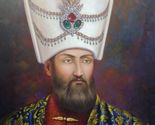
- Sexual Ottoman Empire Sultans - Options - Vessel Choice or Direct Bind
- 4 in stock
- Available in multiple styles
- Price negotiable
- Handling time 2 days.
Get an item reminder
We'll email you a link to your item now and follow up with a single reminder (if you'd like one). That's it! No spam, no hassle.
Already have an account?
Log in and add this item to your wish list.


